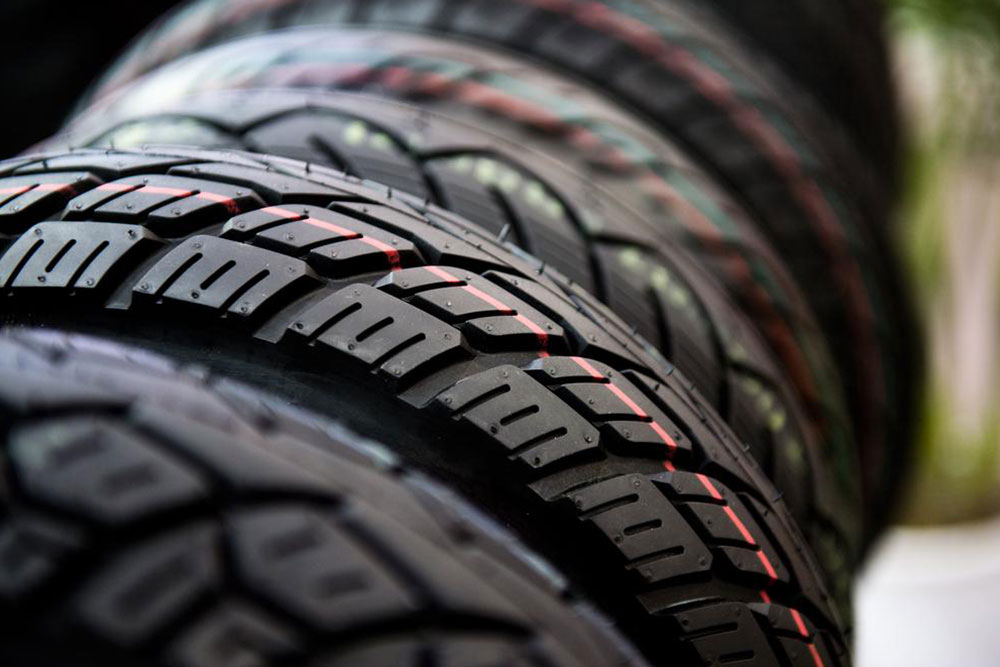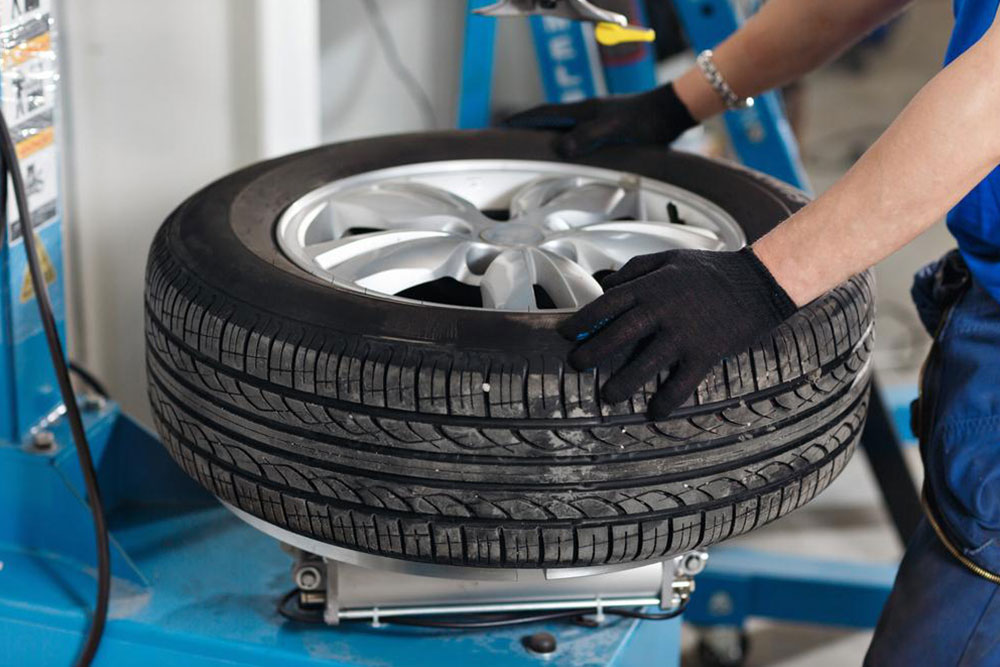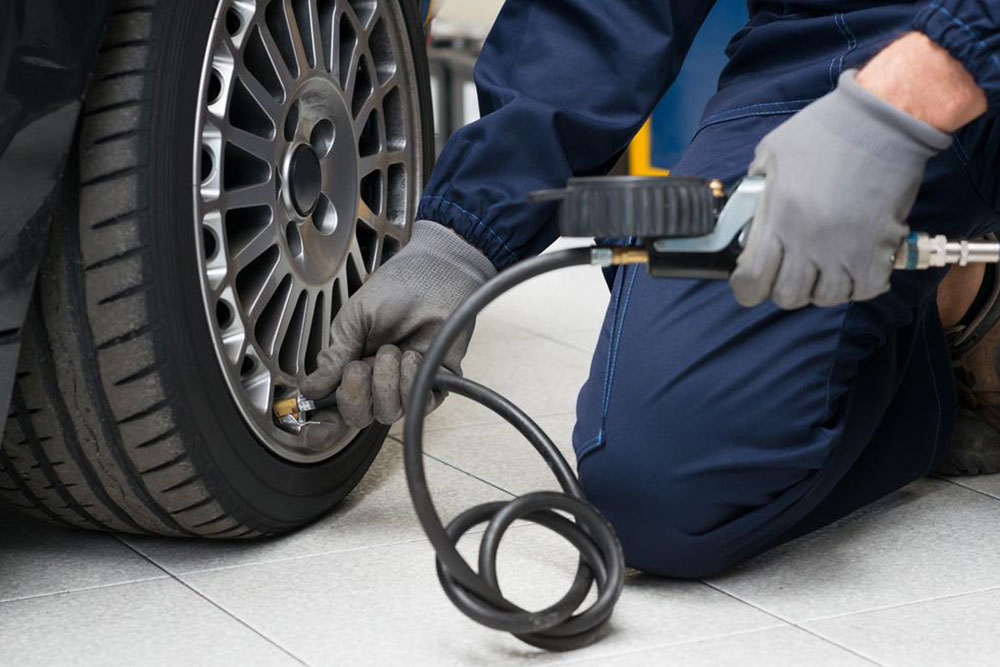Comprehensive Guide to Maintaining Your Goodyear Tires for Optimal Vehicle Safety and Performance
Learn comprehensive tips on maintaining your Goodyear tires to ensure safety, longevity, and optimal vehicle performance. From monitoring tire pressure to seasonal tire switching, this guide covers essential practices for every driver. Regular maintenance guarantees smoother rides, better fuel efficiency, and enhanced safety on the road. Discover how professional services and proper tire selection can extend your tires' lifespan. Stay informed with expert advice and enjoy the benefits of well-maintained tires for a safer driving experience. Your vehicle’s performance depends on tire care.

Comprehensive Guide to Maintaining Your Goodyear Tires for Optimal Vehicle Safety and Performance
When it comes to driving safety, performance, and fuel efficiency, the condition of your tires plays a pivotal role. Among leading tire brands, Goodyear has established itself as a trustworthy and innovative industry leader for over a hundred years. Their high-quality tires are engineered to deliver superior handling, traction, and longevity. However, even the best tires require regular maintenance to perform at their best and ensure your safety on the road.
Maintaining your Goodyear tires involves a series of simple yet essential routines that help extend their lifespan and enhance your vehicle's overall performance. From routine tire inflation checks to damage inspections, understanding the best practices for tire care is crucial. Proper tire maintenance not only prevents accidents caused by tire failure but also improves fuel efficiency, ensures smoother rides, and reduces long-term costs.
Of particular importance is routinely monitoring your tire pressure. Under-inflated tires can cause uneven wear, reduce fuel economy, and increase the risk of blowouts. Over-inflated tires, on the other hand, diminish contact with the road, impairing handling and braking. Using a reliable tire pressure gauge, check the inflation levels at least once a month and before long trips, and always follow the manufacturer's recommended PSI levels, which are often listed in your vehicle's manual or on the door frame.
Damage inspection is equally essential. Regularly examine your tires for signs of cuts, punctures, cracks, or foreign objects lodged in the tread. Be vigilant for bulges or blisters indicating internal damage, which can lead to sudden tire failure. If you notice any irregularities, consult a tire specialist promptly. Proper repairs or replacements can prevent dangerous blowouts and maintain your vehicle's safety standards.
Choosing the correct tire size and specifications is also vital. Every vehicle has specific requirements, which are indicated on the tire sidewall or in your manual. Using incompatible tires can compromise handling, braking, and even cause damage to your vehicle’s suspension systems. When replacing or upgrading tires, always ensure they match the original specifications or consult professionals for suitable alternatives.
Modern vehicles are equipped with various systems designed to alert drivers about potential tire issues. These include tire pressure monitoring systems (TPMS) that provide real-time alerts when pressure drops below safe levels. Pay close attention to these alerts and respond promptly to prevent unsafe driving conditions. Additionally, reviewing your owner’s manual can offer valuable maintenance tips and troubleshooting advice specific to your vehicle.
Seasonal tire adjustments are another key aspect of tire maintenance. Different weather conditions require specific tires for optimal safety and performance. For example, summer tires offer better grip in warm weather, while winter tires are designed to perform in snow and ice. Goodyear offers a diverse range of seasonal tires and specialty options tailored for varying driving needs. Switching between these options based on season not only improves safety but also extends the life of your tires.
Beyond regular inspections, professional tire rotations and alignments are recommended at regular intervals. Rotating tires helps achieve even tread wear, prolonging their service life. Proper wheel alignment ensures that your tires contact the road evenly, improving handling stability and preventing uneven damage. Both procedures are best performed by qualified technicians using specialized equipment.
Investing in high-quality tires such as those from Goodyear can significantly impact your driving experience's safety and efficiency. Keep an eye out for exclusive deals and seasonal discounts on the official Goodyear website or authorized retailers. Moreover, ensuring your tires are maintained correctly means you can enjoy smoother rides, better fuel economy, and enhanced overall vehicle performance for years to come.
In conclusion, proper maintenance of your Goodyear tires is a fundamental aspect of safe and efficient driving. Regular checks, timely damage inspections, correct tire sizing, and seasonal adjustments are key practices that help maximize their lifespan and performance. Leveraging vehicle system alerts and following manufacturer recommendations will further safeguard your driving experience. For optimal results, consider professional services like tire rotations and alignments, and explore seasonal tire options offered by Goodyear. Well-maintained tires are your best defense against road hazards and can significantly enhance your vehicle’s overall performance and safety.





